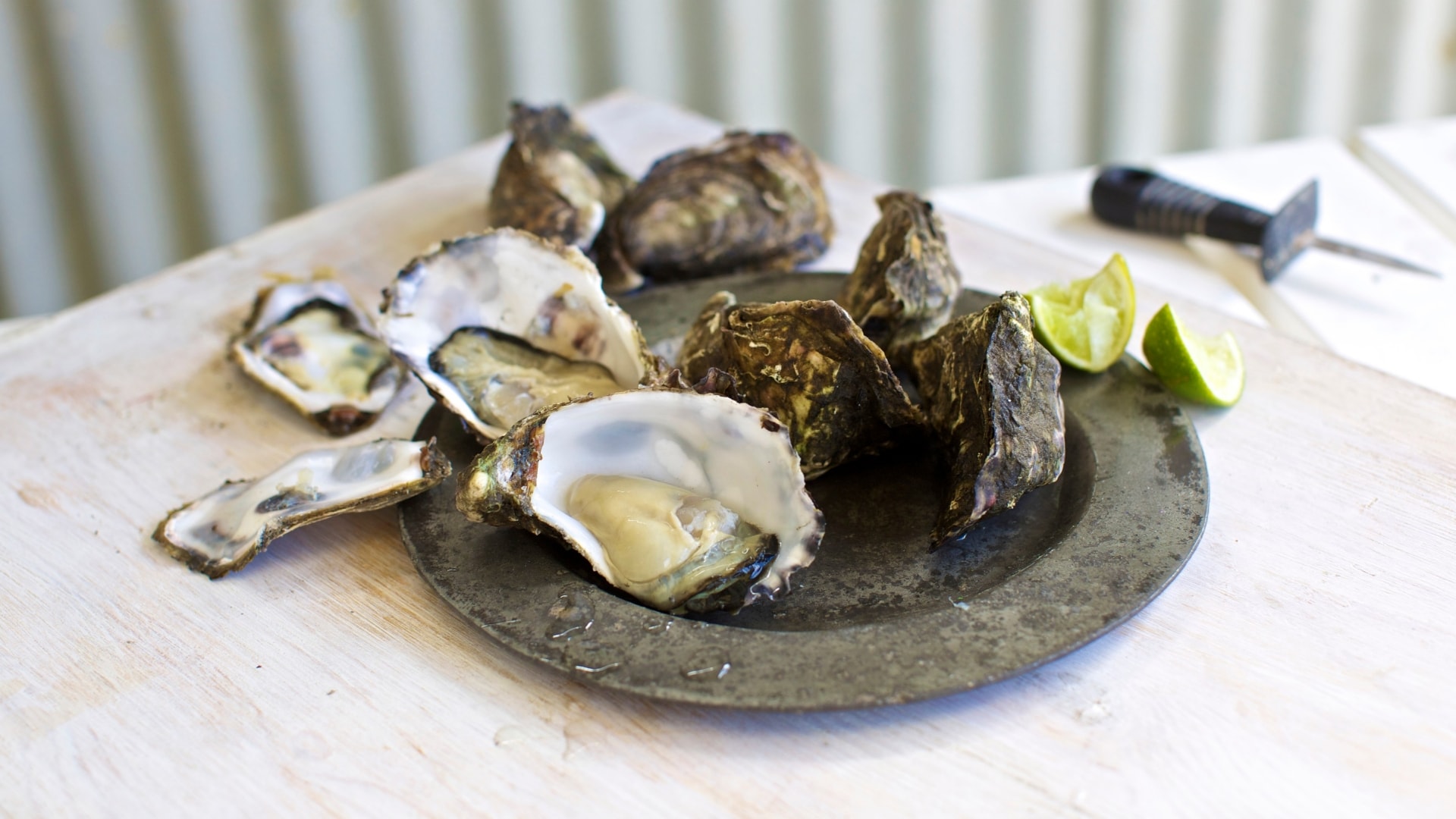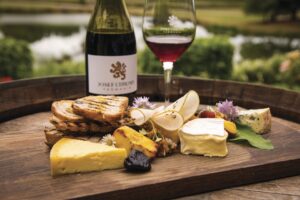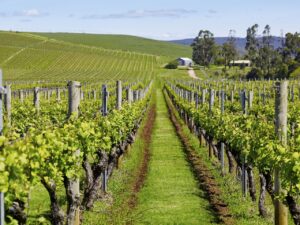
- Home
- Upcoming Tours & Conferences
- Future Destinations
- The Wonders of Jordan (Feb 2027)
- Egypt – Land of Pharaohs (Feb 2027)
- Romania – Beyond Transylvania (Apr 2027)
- Mongolia – In The Season Of Naadam (July 2027)
- Spitsbergen: Glaciers, Fjords & Polar Bears (Aug 2027)
- Secrets of the Silk Road – Central Asia (Sep 2027)
- South Korea – Autumn Landscapes & Living Traditions (Oct 2027)
- Chile – Desert to Ice (Nov 2027)
- Antarctica – The Frozen Continent (Jan 2028)
- Express Your Interest
- Conference Education
- Videos
- FAQ
- About Us
- Wanderings






